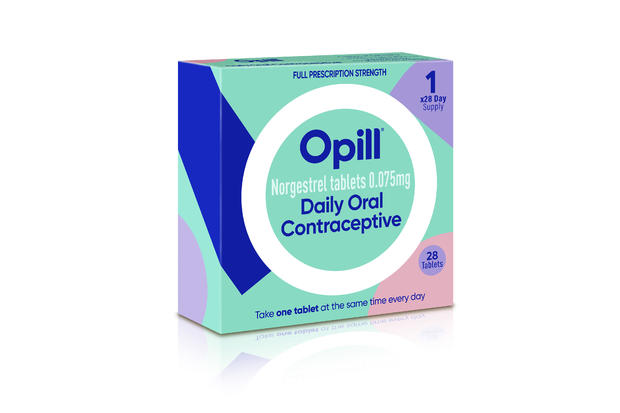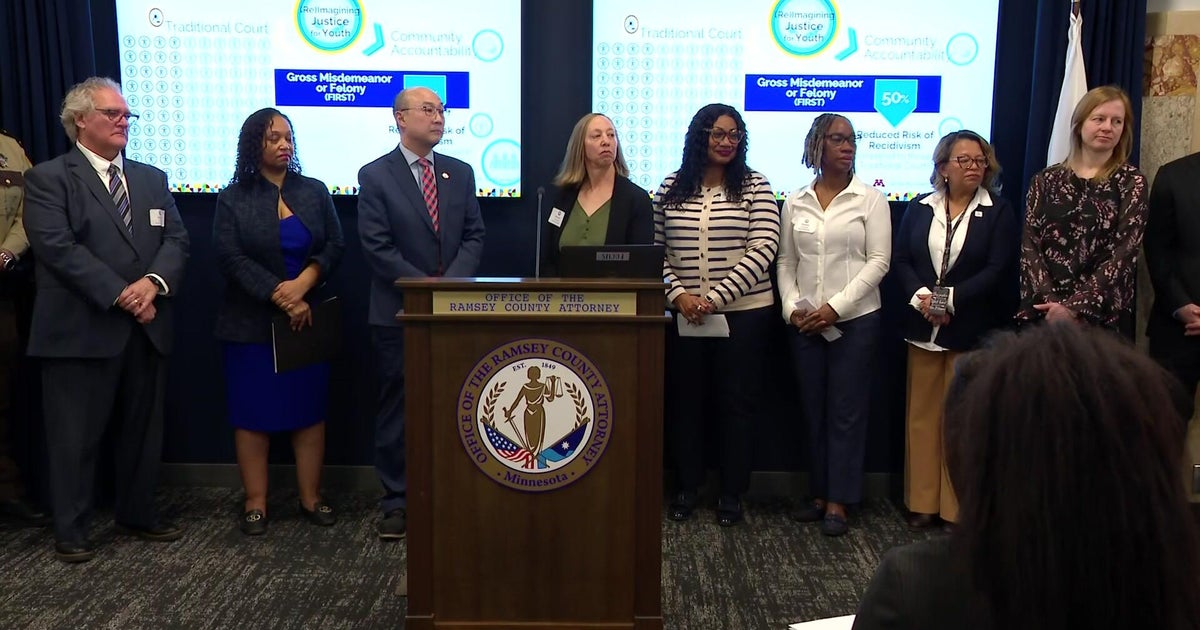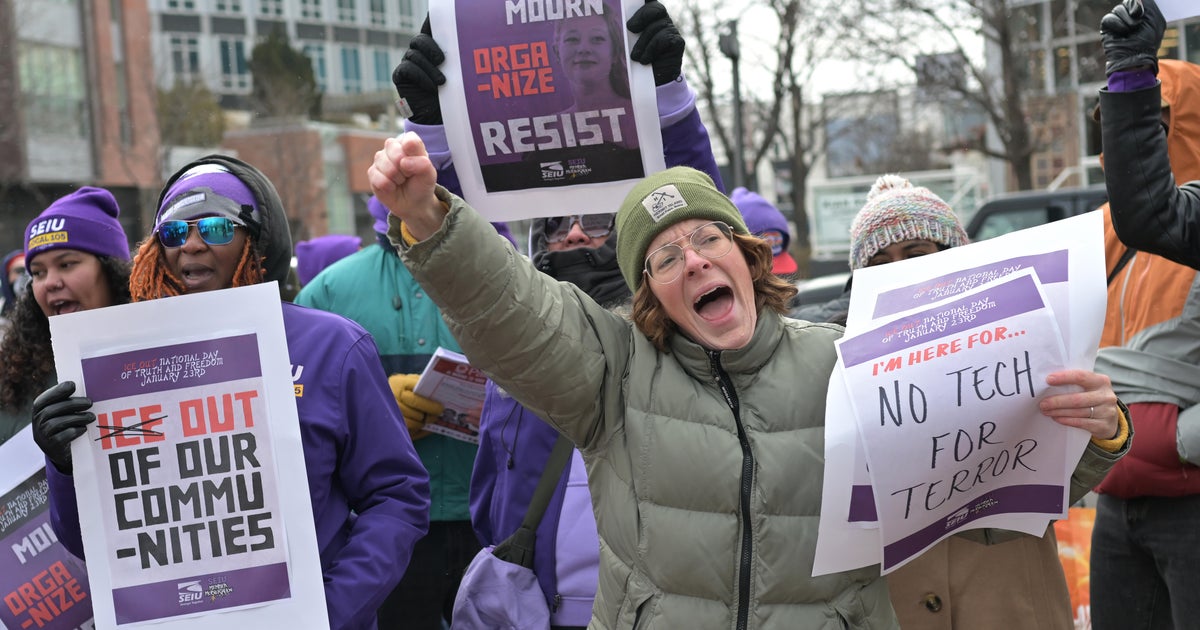FDA considering first over-the-counter birth control pill
A team of Food and Drug Administration staff revealed Friday that they have a number of reservations over a drugmaker's request to become the first in the U.S. to sell birth control pills without a doctor's prescription. The company, HRA Pharma, is seeking permission for over-the-counter sales of norgestrel tablets, a kind of daily birth control that would be marketed as Opill.
Among the concerns is that some people might not be able to correctly figure out whether it would be safe and effective for them to take the drug. And a key study submitted to the agency included "improbable" results that the FDA worries may "call into question the reliability of all of the actual use data" from it.
The federal review team's unease, detailed in a 130-page document published by the FDA, comes ahead of a joint meeting scheduled for two agency panels next week to weigh the request.
After presentations Tuesday from a range of experts, as well as the FDA and HRA Pharma, the agency plans to ask the two advisory groups — the Nonprescription Drugs Advisory Committee and Obstetrics, Reproductive and Urologic Drugs Advisory Committee — to discuss and vote around their concerns.
While the FDA is not legally required to approve drugs based on their advisory committee votes, the agency says the meetings play a key role in advising staff wrestling with tricky questions posed by drug company submissions.
Study issues
Draft discussion questions for the meeting suggest the FDA could ask HRA Pharma to try and repeat its "actual use study" simulating consumers actually taking the drug home and using it, as if it was an over-the-counter birth control product.
The first of these studies run by the company ran aground early, the FDA says, "due to technical failures in the daily use of the electronic diary" and other issues with data collection.
Results from a second attempt were ultimately submitted to the agency, dubbed Adherence with Continuous-Dose Oral Contraceptive Evaluation of Self-Selection and Actual Use or ACCESS.
But the FDA says it found some participants in ACCESS reporting taking more tablets than they were actually given, potentially undermining the reliability of the entire study.
There are also concerns that too many Americans may not follow the directions for safe and effective use. That worry is further complicated by scarce data on adolescents using the drug.
As one risk, some participants with current or previous breast cancer — who should not take norgestrel because it can stimulate tumor growth — "failed to correctly deselect" from taking the pills in both the ACCESS study and a separate targeted study.
Norgestrel's efficacy was also called into question. Since it was first approved in 1973 under the brand name Ovrette, norgestrel has since been superseded in the American market by newer birth control options.
Unlike combined oral contraceptives, norgestrel "relies more stringently on taking the tablet at approximately the same time each day." Recent approvals have revealed that contraceptives may also be less effective in overweight or obese people, the FDA said.
"Given that this product was approved in the 1970s and the paucity of data in today's target population of reproductive females in the United States, real-world effectiveness of this product in the United States remains ill-defined," the reviewers wrote.
Expanding access
The FDA team acknowledged that direct consumer access to birth control pills could substantially reduce barriers that Americans face in getting contraception, bypassing the need for doctor's appointments to get prescriptions.
It could also cut down on Americans shelling out for less effective "nonhormonal, use-as-needed contraceptive choices" that are currently available in over-the-counter in stores, they said.
"Providing patients with OTC access to the birth control pill is an easy call from a public health perspective as the health risks of pregnancy vastly outweigh those of oral contraceptive use," Dr. David Aizuss said in a statement released by the American Medical Association last year, urging the FDA to expand access to birth control pills without age restrictions.
HRA Pharma, in a press release by its parent Perrigo, had touted its submission to the FDA last year as "a groundbreaking moment in contraceptive access and reproductive equity in the U.S."
The committee had initially been scheduled to meet last November to discuss the product, branded as Opill by HRA Pharma.
But the company disclosed last year that the FDA had postponed the meeting, as well as pushing back its target to decide on approval by three months.








